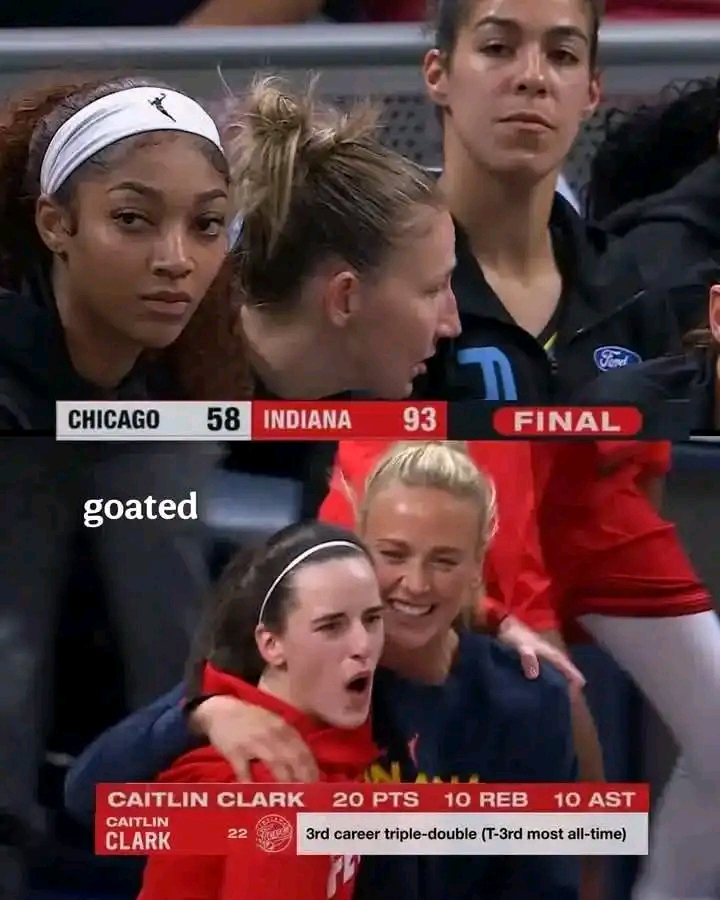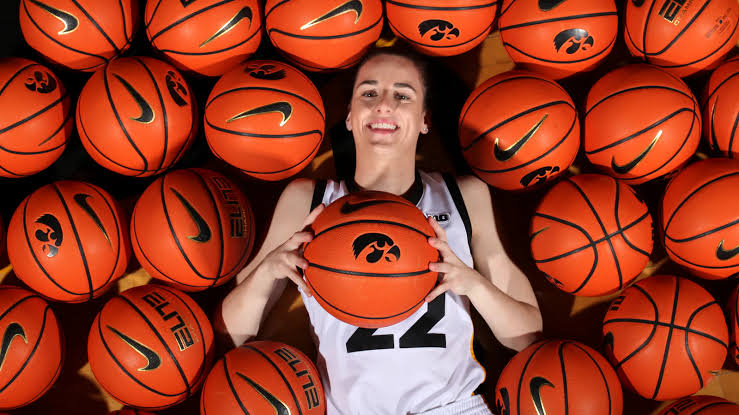In the realm of women’s college basketball, the conversation surrounding scoring records has gained renewed attention following Iowa star Caitlin Clark’s remarkable achievement in surpassing Lynette Woodard’s long-standing career total. Woodard, a former standout at the University of Kansas, holds a unique place in the history of the sport, and her claims regarding the legitimacy of her record have sparked debate among fans, coaches, and players alike.

Lynette Woodard set her career scoring record of 3,649 points while playing for the Jayhawks from 1977 to 1981. At that time, women’s college basketball was governed by the Association for Intercollegiate Athletics for Women (AIAW) rather than the NCAA, which has led to complications in how records are recognized today. Caitlin Clark, a phenomenal player in her own right, surpassed Woodard’s total during her senior season, ultimately finishing her career with 3,951 points after a stellar performance in the NCAA championship game.
However, Woodard contends that her record still stands, given the context of her achievements. At the recent Women’s Basketball Coaches Association convention, she voiced her perspective, arguing that the discrepancies between the eras in which they played make direct comparisons difficult. “I don’t think my record has been broken because you can’t duplicate what you’re not duplicating,” she asserted, highlighting the absence of a three-point line and the differences in the basketball used during her time. In essence, Woodard believes that her scoring feats were accomplished under different circumstances that cannot be accurately measured against modern achievements.
The differences between the eras are significant. Woodard played in a time when the three-point shot was not part of the game, and the basketball itself was larger and heavier than what players use today. These factors contribute to the notion that records should be contextualized within their own time periods, leading to complex discussions about the nature of sports records in general.
Iowa head coach Lisa Bluder has been vocal in acknowledging Woodard’s contributions to women’s basketball, emphasizing that her record should be honored as a critical part of the sport’s history. After Clark surpassed Woodard’s scoring mark, Bluder stated, “The AIAW record that Lynette Woodard held—that was the real one. There’s no reason why that should not be the true record.” This sentiment resonates with many who appreciate the rich history of women’s basketball and recognize that each era has its own challenges and accomplishments.
The debate highlights the broader conversation about how sports records are defined and recognized. Many fans and analysts believe that all records should be considered within the context of their times, while others advocate for a more straightforward approach that emphasizes numerical achievements above all else. In the case of women’s basketball, the differences in rules and equipment are significant enough that they cannot be ignored.
Caitlin Clark, celebrated for her scoring prowess and ability to dominate games, undoubtedly represents the evolution of women’s basketball. Her achievements have not only propelled her to the forefront of the sport but have also brought much-deserved attention to women’s athletics. As she continues to break barriers and set new standards, the dialogue surrounding Woodard’s legacy serves as a reminder of the historical context from which today’s stars have emerged.
Ultimately, both Clark and Woodard have made indelible marks on women’s basketball. While Clark may hold the contemporary record, Woodard’s legacy remains significant and influential, embodying the spirit of perseverance and excellence that has defined the sport. As discussions about records continue, it’s essential to celebrate the achievements of all players, recognizing the distinct journeys that have shaped women’s basketball into what it is today.
 CAN YOU IMAGINE THIS
CAN YOU IMAGINE THIS 





